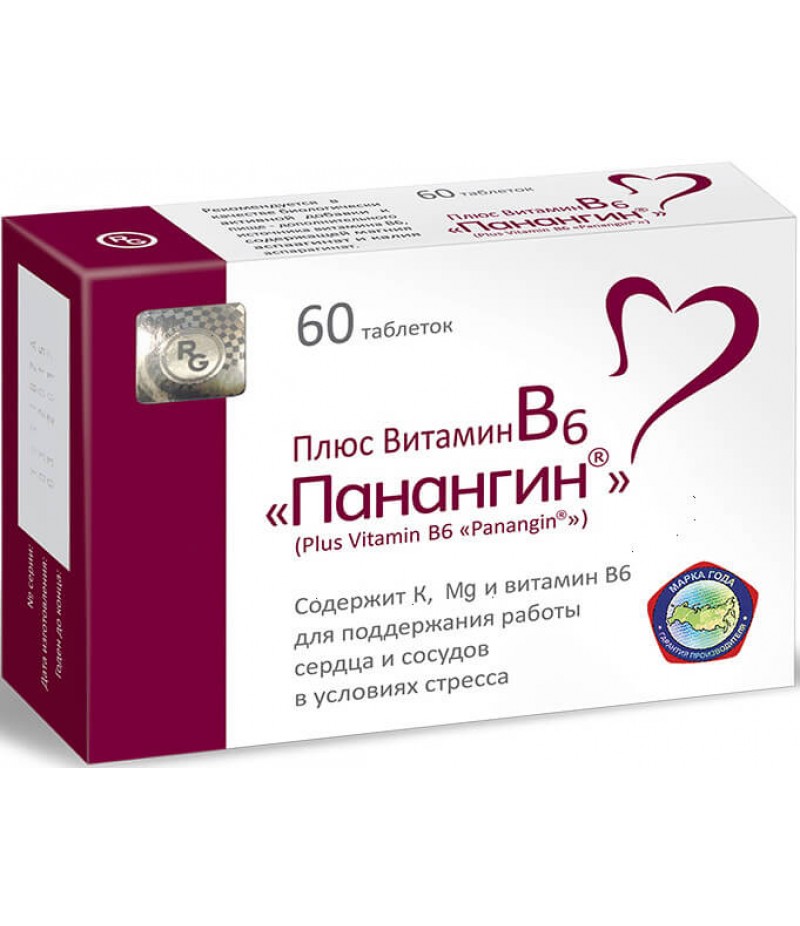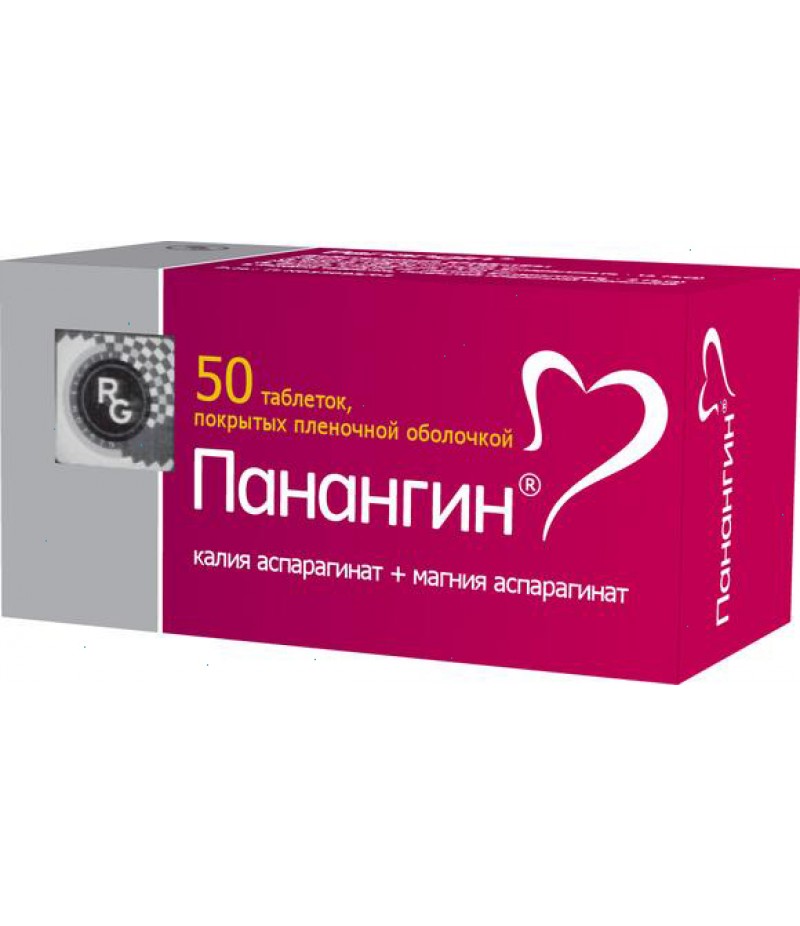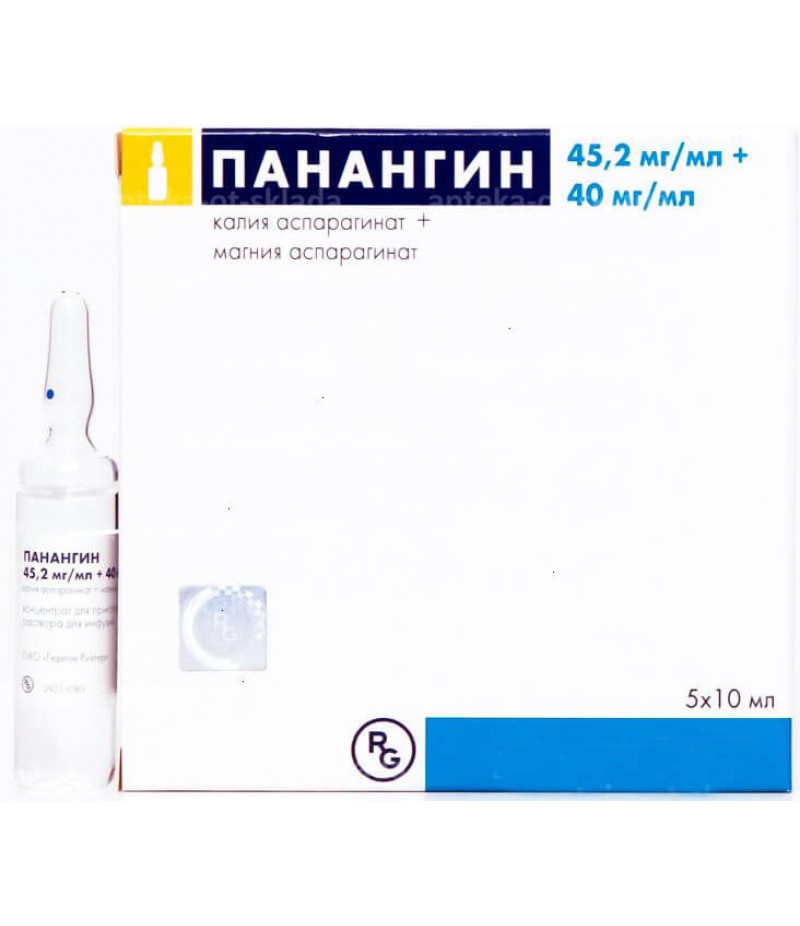Plus Vitamin B6 Panangin tabs 545mg #60
- $13.20
- 3 or more $12.99
- Availability:In Stock
Plus Vitamin B6 Panangin instructionYou can buy Plus Vitamin B6 Panangin hereCompositionfor 1 tablet:active substance: magnesium asparaginate tetrahydrate (magnesium asparaginate 140 mg), potassium as
Tags: tabs
Plus Vitamin B6 Panangin instruction
You can buy Plus Vitamin B6 Panangin here
Composition
for 1 tablet:
active substance: magnesium asparaginate tetrahydrate (magnesium asparaginate 140 mg), potassium asparaginate hemihydrate (potassium asparaginate 158 mg), pyridoxine hydrochloride (vitamin B6 0.6 mg).
Auxiliary agent: microcrystalline cellulose carrier, talcum-curing agent, Eudragit E-100 coating, thickener polyvinylpyrrolidone (povidone), magnesium antiserumant stearate, potato starch thickener, polyethylene glycol 6000 (macrogol 6000), silicone antioxidant agent, titanium dioxide dye, baking powder crospovidone.
Description of Plus vitamins B6 Panangin
Scope: it is recommended as a biologically active food additive - an additional source of vitamin B6, containing magnesium asparaginate and potassium asparaginate.
The properties of the product are due to a complex of properties of the active components that make up its composition.
Vitamin B6 (pyridoxine)
Vitamin B6 (pyridoxine) is involved in a wide range of metabolic processes:
participates in the regulation of the nervous system
exhibits antistress and antidepressant effects;
improves the absorption of magnesium in the gastrointestinal tract and facilitates the transport of magnesium ions into cells;
has a positive effect on liver function, on hematopoiesis, on energy metabolism (synthesis of ATP molecules);
improves the body's use of unsaturated fatty acids, including those that interfere with the development of atherosclerosis, have a cardioprotective effect and reduce cholesterol.
Deficiency of vitamin B6 (pyridoxine) occurs at elevated needs of the body therein (for large physical stress, pregnancy, with an excess of protein in the diet), and are often accompanied by magnesium deficiency. Reduced levels of vitamin B6 may be accompanied by irritability, inhibition, decreased appetite and nausea.
Magnesium
Magnesium is a vital element that is found in all tissues of the body and is necessary for the normal functioning of cells. Actively participates in more than 300 enzymatic processes:
is an indispensable element for the regulation of the transmission of nerve impulses and the stable functioning of the nervous system;
can increase the body's resistance to psychoemotional stress; has a calming effect; reduces the level of anxiety, nervousness, irritability;
positively affects the vascular tone, conduction, excitability and contractility of the myocardium;
Helps reduce cholesterol in the blood and tissues and prevent the deposition of cholesterol in the wall of the arteries;
promotes the normalization of blood clotting and bone tissue metabolism.
Causes of magnesium deficiency in the body can be acute and chronic stress, physical stress and lack of exercise, alcohol abuse, hypocaloric diets, pregnancy and lactation.
The decrease in magnesium level can develop under the influence of high temperatures (hot climate, work in hot shops, excessive visiting saunas and baths); when eating foods with a limited content of magnesium or products that interfere with the absorption of magnesium in the digestive tract (with a high content of animal fats, proteins, phosphorus, calcium); with diseases of the gastrointestinal tract, diabetes, chronic heart failure, obesity.
Depletion of intracellular magnesium reserves causes an unfavorable effect on the myocardium (cardiac muscle).
Magnesium deficiency is accompanied by breach of cardiac conduction, increased risk of arrhythmias, predisposes to a spasm of the coronary arteries, promotes insomnia, autonomic dystonia syndrome, arthritis, migraine, osteoporosis.
Magnesium is a vital macroelement for the assimilation of potassium and the provision of an optimal intracellular level of K +.
Potassium
Potassium is the main element of every living cell:
regulates the intracellular exchange of water and salts;
promotes the excretion of water and sodium from the body;
participates in carrying out nerve impulses to the muscles, normalizes muscle contraction;
activates a number of enzymes and participates in the processes of energy formation, protein synthesis and carbohydrates.
The cause of lowering the level of potassium in the body can be the use of certain drugs (diuretic, hormonal, caffeine), diarrhea and vomiting, profuse sweating.
Potassium deficiency is characterized by clinical symptoms similar to asthenia (a feeling of fatigue, persisting even after sleep and rest, fatigue, sleep disturbances, feelings of anxiety, depression). Also characteristic symptoms of potassium deficiency are instability of arterial pressure, violations of the heart rhythm, constipation.
The most characteristic signs of the total deficiency of potassium and magnesium: fatigue, decreased efficiency, muscle weakness, heart rhythm disturbances, insomnia, cramps, painful contractions and spasms of the calf muscles, especially at night or under physical exertion, depression.
The intake of magnesium and potassium in the body in the form of organic salts-asparagines facilitates the rapid absorption of these elements in the gastrointestinal tract and their entry into cells.
The joint ingestion of magnesium asparaginate, potassium asparaginate and vitamin B6 (pyridoxine) promotes the maintenance of the heart and vessels in stress conditions due to:
normalization of the tone of the heart muscle and blood vessels, blood pressure and heart rate;
reduce the risk of atherosclerosis;
increased stress resistance;
improvement of the nervous system;
reduce anxiety.
Recommendations for use
adults, 2 tablets of Plus vitamins B6 Panangin 2 times a day, during meals. Duration of admission is 1 month.
Do not exceed the recommended daily dose.
It is not a medicinal product.
Before use, it is recommended to consult a doctor.
Contraindications
individual intolerance of components, pregnancy and lactation.
Leave conditions
To buy Plus vitamins B6 Panangin you don't need a prescription.
Shelf life - 2 years.
Storage conditions
In a dry place, protected from light and out of reach of children, at a temperature not exceeding 25 ° C.



